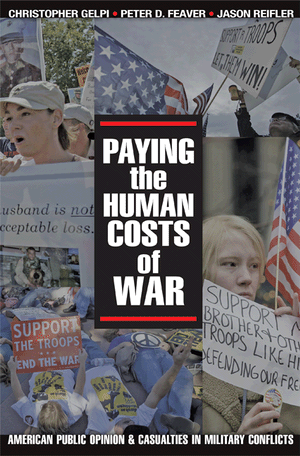That is why the idea of LIMITED copyright is so important. The idea of copyright is
“beneficial … to authors and inventors, … [and beneficial] to the public, as it
will promote the progress of science and the useful arts, and admit the people at
large, after a short interval, to the full possession and enjoyment of
all writings and inventions without restraint" (Lessig 5).
This means that all can benefit from the ideas of a few. Yet, limited copyright, as explained in the article, has become less limited through the Internet (Lessig 11). The commons, the idea of public domain, has been forgotten as a way of spreading and expanding knowledge (Lessig 5). Corporations, such as Hollywood, are so concerned with holding on to their own property that they don't think about the ways that this property could be expanded or improved. Of course, there is certainly the problem of people taking credit for others' inventions and creations. But, if we remember learning about the Scientific Revolution in junior high and high school, recall that the commons is important for innovation -- only through studying the notes and observations of previous scientists were new scientists able to build off of old theories and improve them. In Wu's book also, we saw how copyright laws prevented the evolution of all sorts of technologies. Copyright allows one group to hold onto its success, but it detracts from the formation of ideas for the future.
Do I agree with Lessig's assessment of our future? I'm not sure -- do you? I guess it seems fair to ask permission to use someone else's media, but is Internet control going too far in this direction? I'm not sure that I agree that the Internet should be an open space, but at the same time I don't want to see it become fully closed off. It is hard to find a balance between what is "fair" to one and what is "fair" to all. I'm definitely still figuring this all out.













